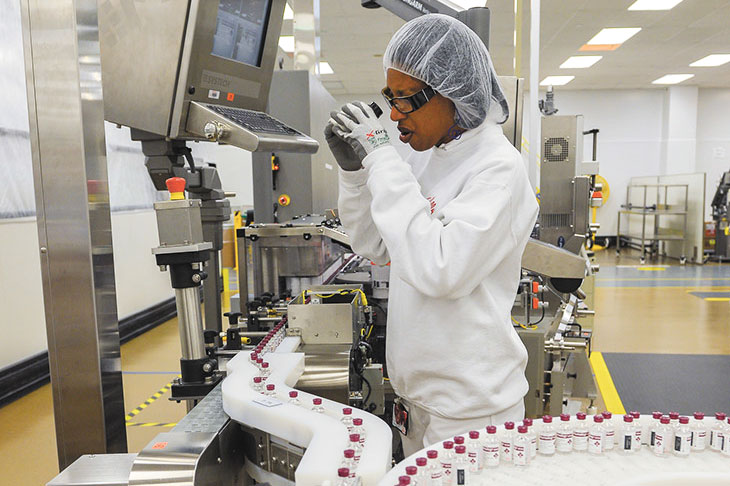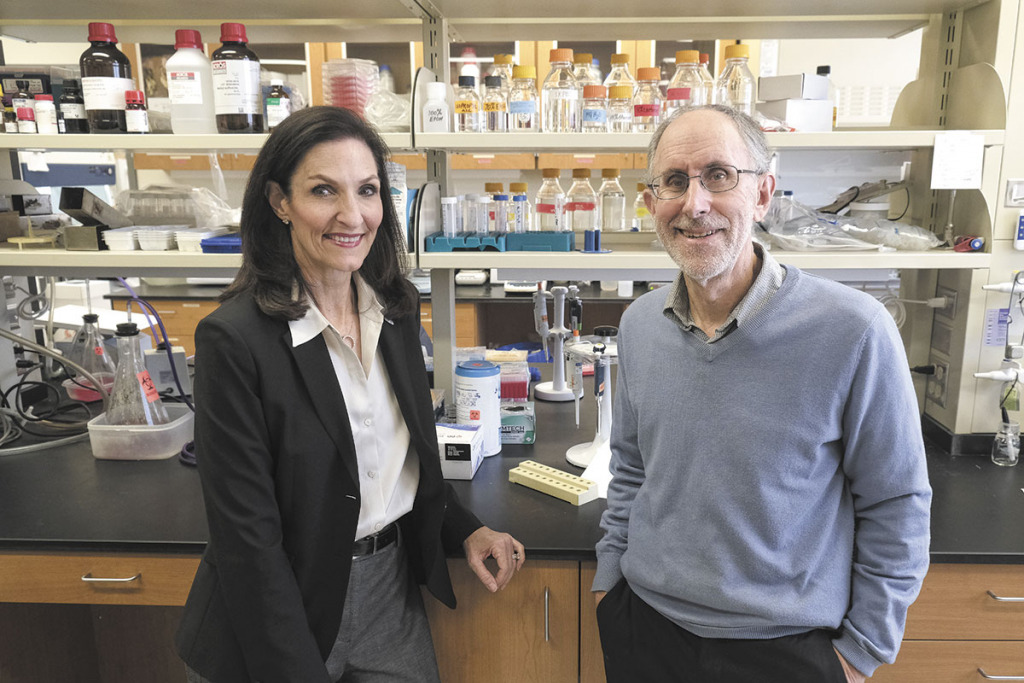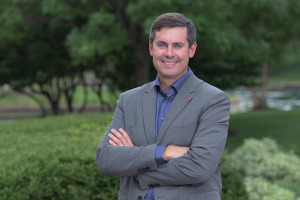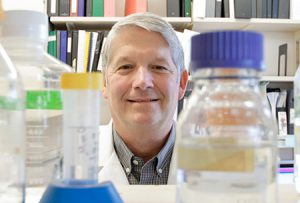
Lilly CEO calls on state to boost power supply as company seeks to build supercomputer
David Ricks, speaking Thursday during a panel at the annual BioCrossroads Life Sciences Summit, also called for Purdue and Indiana universities to upgrade their lab facilities.











